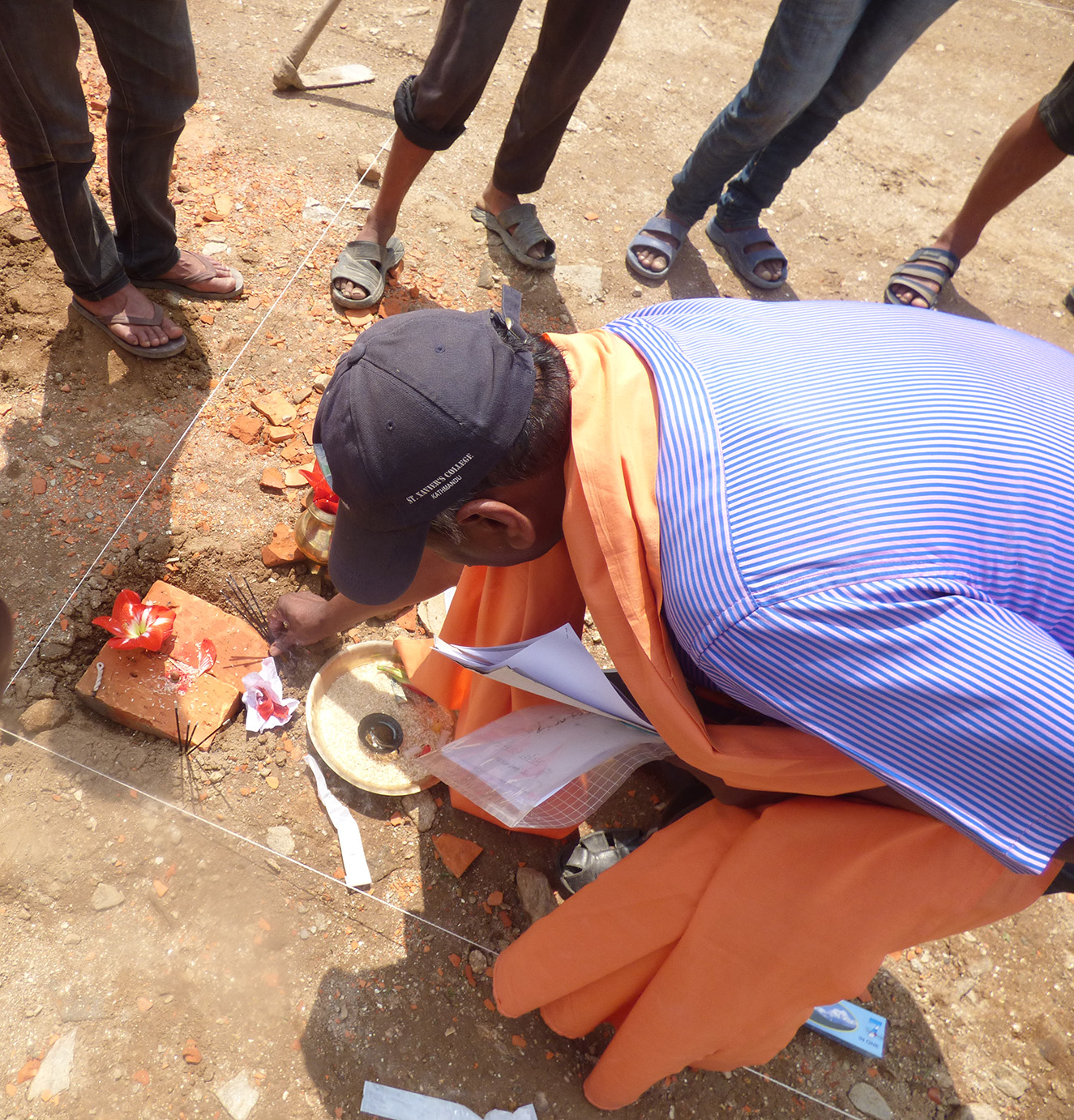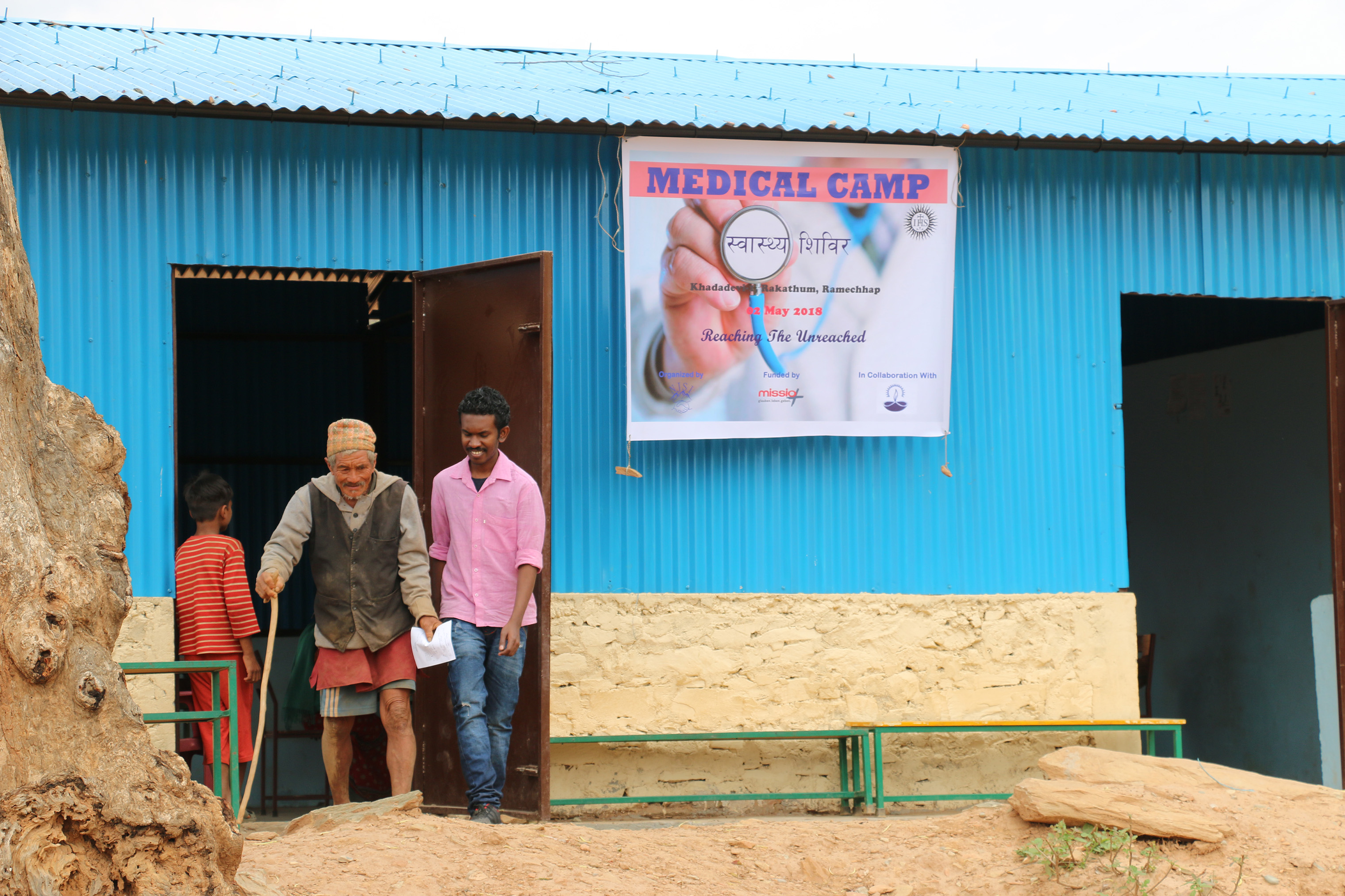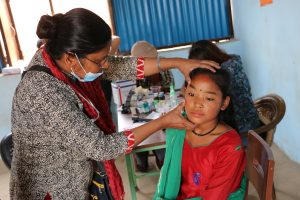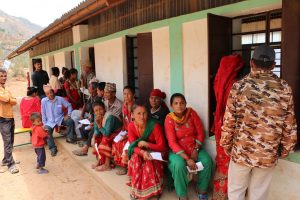Dolakha and Sindhupalchowk districts are two major project sites of Nepal Jesuit Social Institute. NJSI has conducted various projects of different streams in these districts. NJSI has already built two women activity centers in respective districts.
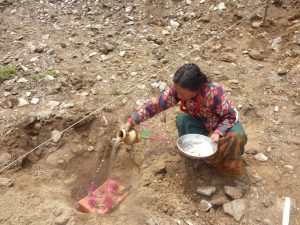
Recently, NJSI has started the construction of two more multipurpose halls for women’s group of Suri, Dolakha called ‘Jal Devi Women Group’ and ‘Mujuwa Swawalamban Women Group’ of Haibung, Sindhupalchowk on 29th of April and 6th of May 2018 respectively. These projects are funded by Xavier Network. NJSI is also thankful to the individuals who have offered their land for the construction.
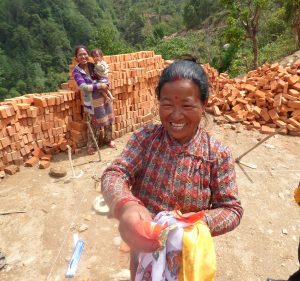
Jal Devi Women Group members are mostly Tamangs, engaged in farming and animal rearing. Similarly, Mujuwa Swawalamban Women Group constitutes of Gurungs and other indigenous ethnicities engaged in similar profession. Each group comprises of about 25 members. A common goal of both of these groups is to be independent and self-reliant. Therefore, they wish to use the hall to regulate meetings for saving and credit cooperation, discussion of social reformation agendas and to conduct skill trainings. NJSI looks forward to help these women enhance themselves economically and socially.

